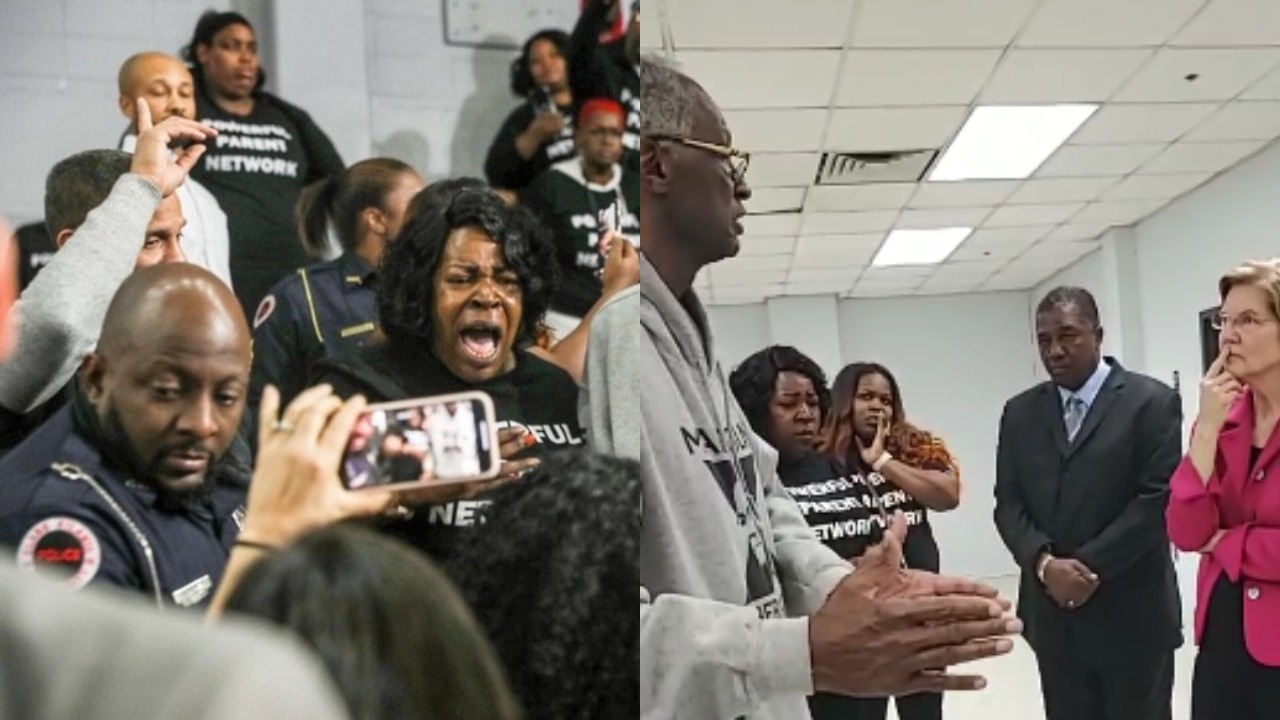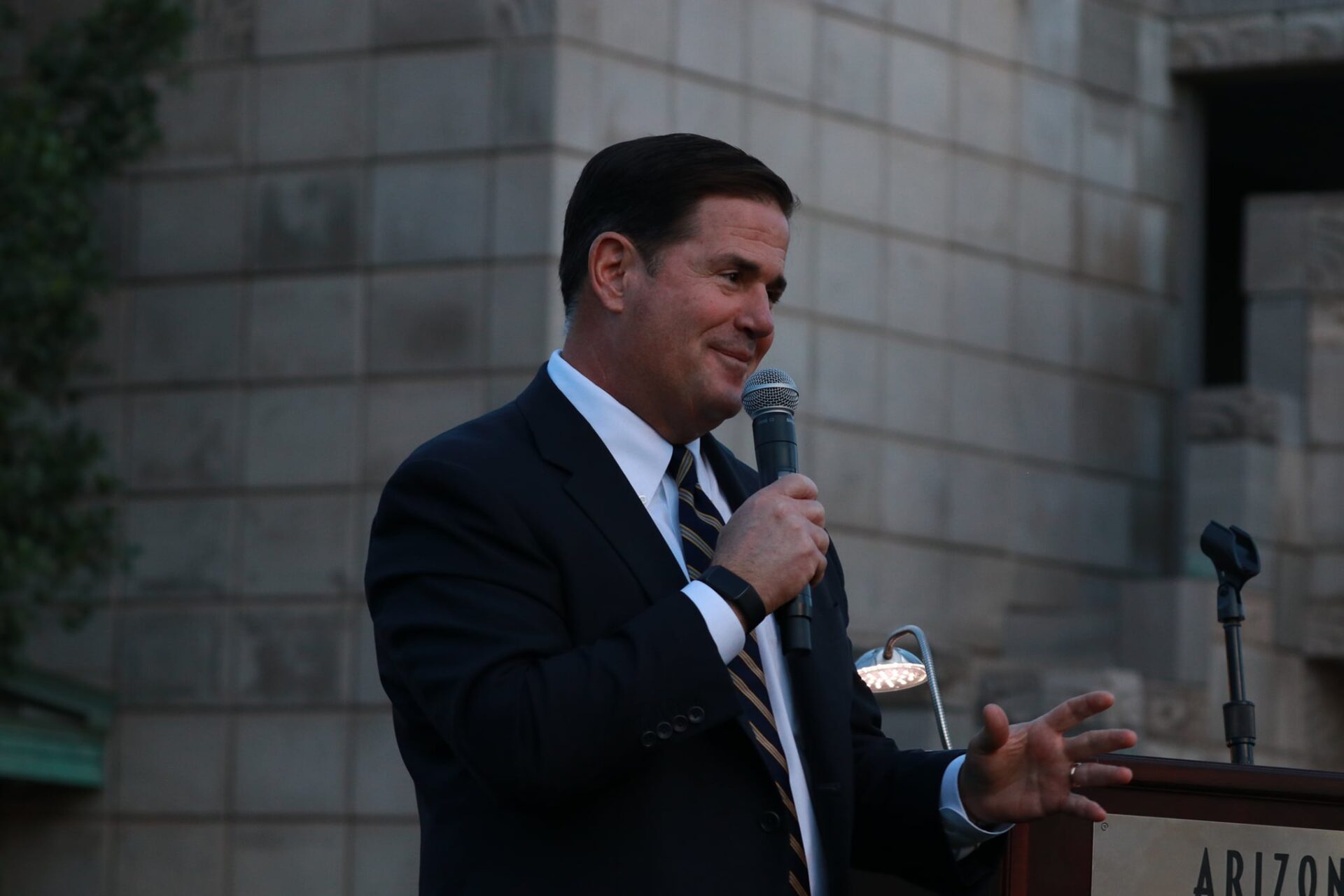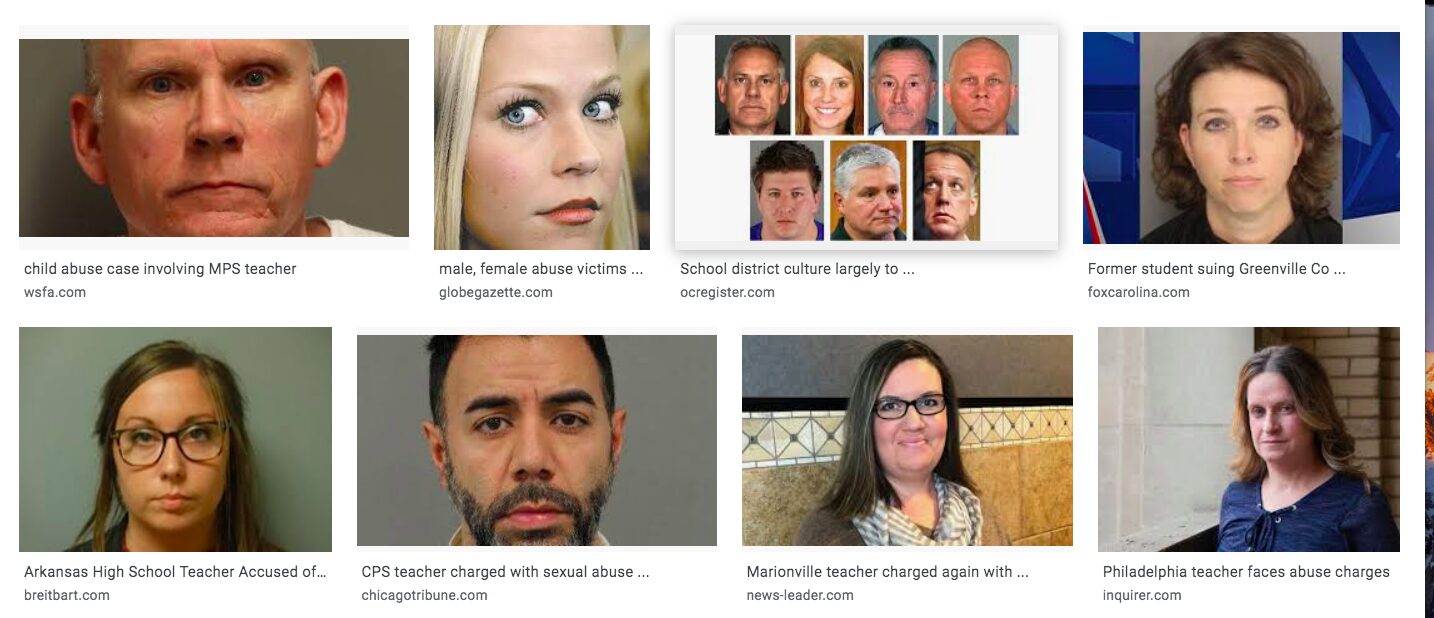
Teachers Unions Call for Police Reform But Refuse to Look in the Mirror
This week, in the wake of the murder of George Floyd and subsequent outcry over police brutality, the National Education Association and the American Federation Teachers took the unprecedented step of calling on Congress to take legislative action to significantly reform practices and policies in policing. They didn’t do it alone—both organizations signed onto a letter as part of the The Leadership Conference on Civil and Human Rights with 441 other signatories. The goal of the letter is to convince Congress to establish federal standards that would bring dramatic reform to policing nationwide. The letter represents a refreshing and much needed break from empty platitudes—the policy proposals and changes laid out within it are specific and actionable.
Good for the AFT and NEA. These two national teachers’ unions are right to call for reform to policing practices and while it may lead to a rift within the labor movement, so be it. Bad policy is bad policy and the NEA and AFT are on the right side here.
The letter calls for eight specific policy changes:
- Require a federal standard that use of force be reserved for only when necessary as a last resort after exhausting reasonable options, and incentivize states through federal funding mechanisms to implement this standard; require the use of de-escalation techniques, and the duty to intervene; ban the use of force as a punitive measure or means of retaliation against individuals who only verbally confront officers, or against individuals who pose a danger only to themselves; and require all officers to accurately report all uses of force;
- Prohibit all maneuvers that restrict the flow of blood or oxygen to the brain, including neck holds, chokeholds, and similar excessive force, deeming the use of such force a federal civil rights violation;
- Prohibit racial profiling, and require robust data collection on police-community encounters and law enforcement activities. Data should capture all demographic categories and be disaggregated;
- Eliminate federal programs that provide military equipment to law enforcement;
- Prohibit the use of no-knock warrants, especially for drug searches;
- Change the 18 U.S.C. Sec. 242 mens rea requirement from willfulness to recklessness, permitting prosecutors to successfully hold law enforcement accountable for the deprivation of civil rights and civil liberties;
- Develop a national public database that would cover all police agencies in the United States and its territories, similar to the International Association of Directors of Law Enforcement Standards and Training’s National Decertification Index,12 which would compile the names of officers who have had their licenses revoked due to misconduct, including but not limited to domestic violence, sexual violence, assault and harassment, criminal offense against minors, excessive use of force, violation of 18 U.S.C. § 242; perjury, falsifying a police report or planting and destroying evidence, and deadly physical assault; as well as terminations and complaints against the officers; and
8. End the qualified immunity doctrine which prevents police from being held legally accountable when they break the law. Qualified immunity, a defense that shields officials from being sued, has been interpreted by courts so broadly that it allows officers to engage in unconstitutional acts with impunity.
As signatories on this letter, the NEA and AFT are going to have to do some serious self-reflection, lest they quickly and rightly be called out as hypocrites. The seventh demand in the letter calls for “a national public database to compile the names of officers who have had their licenses revoked due to misconduct.” We need this exact same kind of database for teachers. Just as police unions have long protected overly aggressive and even brutally violent police officers, teachers’ unions continue to protect members whose misconduct—including physical and sexual abuse—disqualifies them from working in schools with other people’s children. Like police officers who jump from one department to another after being fired for misconduct, teachers are able to do the same, crossing state lines where no one knows about their past. Unwitting superintendents and school principals are flying blind when they hire someone with a personnel file riddled with serious red flags. Why? Because, like with police, the files are sealed. And the unions have fought to keep them sealed.
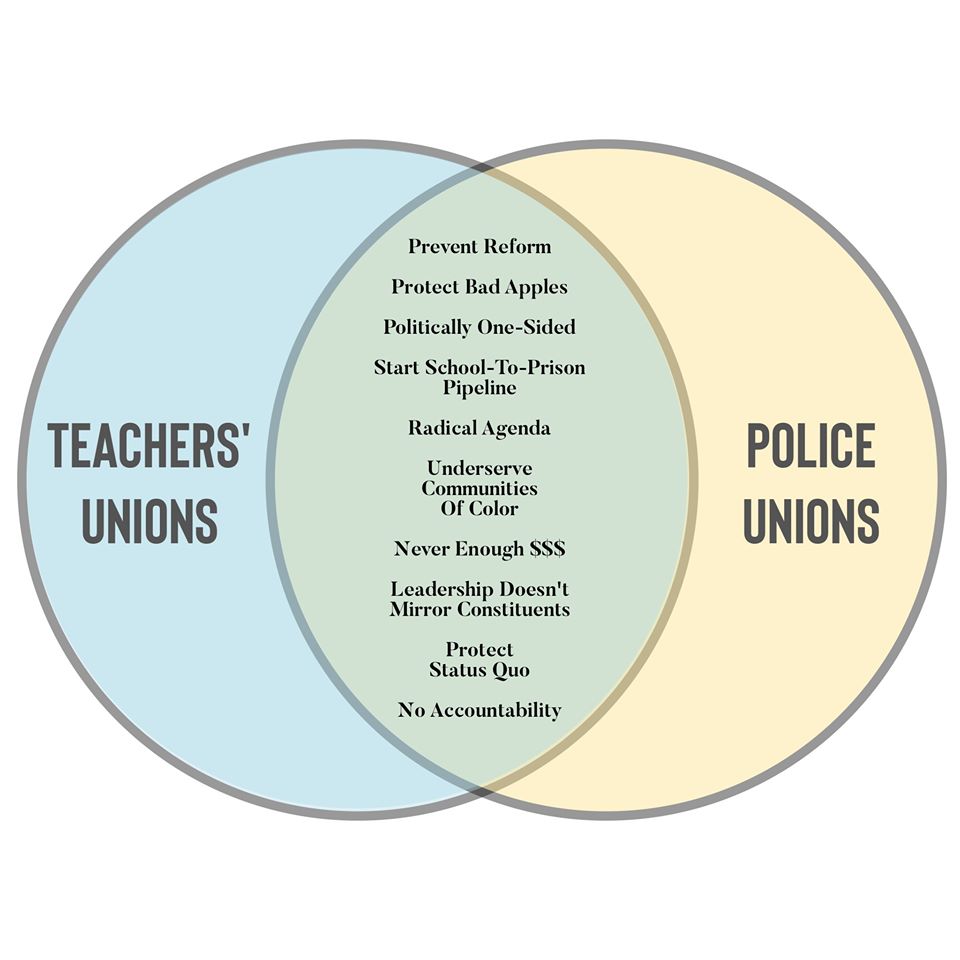
The most recent report on educator sexual abuse commissioned by the Department of Education was in 2004—before the explosion of the smartphone which all experts agree has made the problem worse. In that report, we learned that 1 in 10 students is the victim of some kind of sexual misconduct by a teacher or other adult affiliated with the school. According to the report’s author, Charol Shakeshaft, the problem is 100 times bigger than the sexual abuse by priests in the Catholic Church.
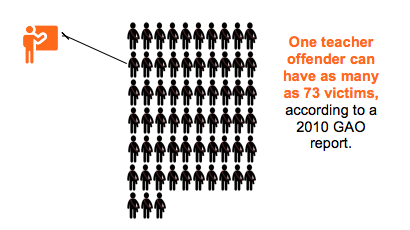
The AFT and NEA cannot, in good conscience, call for a national database of police officers who have lost their licenses due to misconduct and continue to oppose the very same kind of national database for its own members. They are right to call for the police to clean up its house but it is high time they clean up their own as well.















